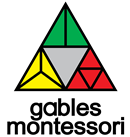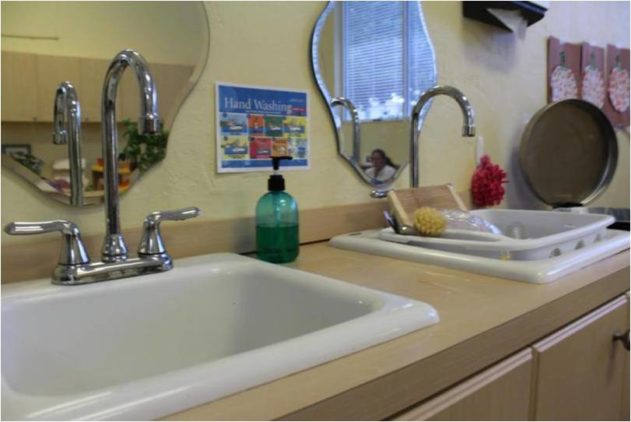When should the education of children about the basic habits of personal hygiene begin? Is it only a task of parents? Which recommendations should be followed? Are grandmothers always right about it? The hygiene of children and its importance is a complicated theme that should be one of the main concerns at home.
In case of the babies the attention to the cleanliness stays in hands of the mothers, but when the child arrives at school it is necessary to teach him habits in order that he learns to look after himself. Educating kids on good hygiene is an excellent way to avoid infections and other diseases. The principles of a good health can be internalized at a young age and they will be the basis for a healthy life in the adulthood. Of course the example shown by parents, caregivers or teachers is the best way to teach.
One of the most important self-hygiene tasks that preschool-aged children need to master is hand washing. This practice is so important because preschool aged children are beginning to take care of their toilet needs and is so common that germs and bacteria can be spread. That’s why it is very important make kids understand what are these kind of organisms and the way they are killed by the simple act of washing hands. Other thing children should learn is to cover their mouths when they cough or sneeze and not to share eating utensils at school.
At home, toothbrushing must be an irreplaceable routine in the morning and after each meal. There are many options on the market in brushes and toothpastes specially designed for children that make easier and funnier to develop this necessary habit. Although milk teeth are going to fall at six, they deserve the same attention as the permanent ones, taking care of them, the child learns how to brush his teeth properly for his entire life. A good diet is the ideal complement of the technique of brushing, talk to your child about healthy food and about the damage some products can cause, such as candies, sodas, sweets and others.
About daily bathing, some kids are water lovers and others just hate it. But it is not matter of affection but cleanliness. Teach your children to take short baths that help to eliminate the sweat and the possible dirt for the contact with the soil. It is unnecessary the use of huge quantities of soap and shampoo. Parents should have always in mind that no matter how skilled are their children at bathing themselves, supervision is every time required. Parents or caregivers should always be watching children while they bathe and adjust the water temperature to prevent scalding risk. And after taking a shower, drying properly is also important to prevent fungal infections, in consequence children should understand the importance of this activity and also get used to have an individual towel.
In her Method, Maria Montessori wrote about the importance of supervising the hygiene at her centers: “as soon as the children arrive at school we make an inspection for cleanliness. If possible, this should be carried on in the presence of the mothers, but their attention should not be called to it directly. We examine the hands, the nails, the neck, the ears, the face, the teeth; and care is given to the tidiness of the hair. If any of the garments are torn or soiled or ripped, if the buttons are lacking, or if the shoes are not clean, we call the attention of the child to this. In this way, the children become accustomed to observing themselves and take an interest in their own appearance”.
About the bath also she explained “the children in our “Children’s Houses” are given a bath in turn, but this, of course, can not be done daily. In the class, however, the teacher, by using a little washstand with small pitchers and basins, teaches the children to take a partial bath: for example, they learn how to wash their hands and clean their nails. Indeed, sometimes we teach them how to take a foot-bath. They are shown especially how to wash their ears and eyes with great care. They are taught to brush their teeth and rinse their mouths carefully. In all of this, we call their attention to the different parts of the body which they are washing, and to the different means which we use in order to cleanse them: clear water for the eyes, soap and water for the hands, the brush for the teeth, etc. We teach the big ones to help the little ones, and, so, encourage the younger children to learn quickly to take care of themselves”.
And she couldn’t miss in her book talking about the environment: “after this care of their persons, we put on the little aprons. The children are able to put these on themselves, or, with the help of each other. Then we begin our visit about the schoolroom. We notice if all of the various materials are in order and if they are clean. The teacher shows the children how to clean out the little corners where dust has accumulated, and shows them how to use the various objects necessary in cleaning a room,–dust-cloths, dust-brushes, little brooms, etc. All of this, when the children are allowed to do it by themselves, is very quickly accomplished”.







No Comments Yet